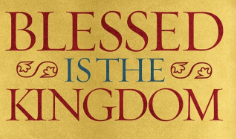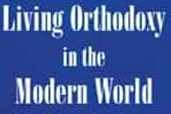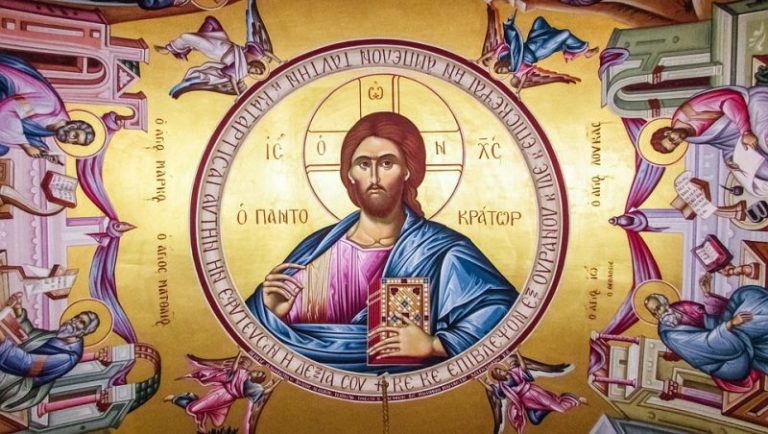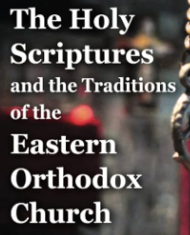
The Divine Liturgy and the sacraments are central to the life of the Christian Church, serving as the primary means through which believers participate in the grace of God. This study explores the structure and theology of the Divine Liturgy, along with examining critical sacraments such as Baptism, Eucharist, and Confession, highlighting their biblical foundations and significance.
Introduction
The Divine Liturgy is the heart of Christian worship, where believers gather to participate in the Eucharist, commemorating the Last Supper of Christ. Alongside the Liturgy, the Church administers sacraments (or mysteries), sacred acts instituted by Christ that convey grace to the faithful. Understanding these practices is crucial for grasping the fullness of Christian life and worship.
The Divine Liturgy
- Biblical Foundations
-
- 1 Corinthians 11:23-26: The Apostle Paul recounts the institution of the Lord’s Supper, providing the earliest written account of the Eucharist and serving as a foundational text for the Divine Liturgy.
- Structure and Theology
-
- The Liturgy is divided into two main parts: the Liturgy of the Catechumens (focused on the Word of God) and the Liturgy of the Faithful (centered on the Eucharist).
- John 6:35-58: Jesus’ discourse on being the Bread of Life underlines the Eucharistic theology that Christ Himself is the authentic food and drink, offering eternal life.
The Sacrament of Baptism
- Biblical Foundations
-
- Matthew 28:19-20: The Great Commission to baptize all nations in the name of the Father, Son, and Holy Spirit establishes baptism as a fundamental Christian sacrament.
- Romans 6:3-4: Paul speaks of baptism as a participation in the death and resurrection of Christ, signifying the believer’s new life in Him.
- Theology and Significance
-
- Baptism is the sacrament of initiation into the Christian faith, marking the believer’s entrance into the community of believers and the beginning of the spiritual journey.
The Sacrament of the Eucharist
- Biblical Foundations
-
- Luke 22:19-20: During the Last Supper, Jesus commands His disciples to eat bread and drink wine in remembrance of Him, instituting the Eucharist.
- 1 Corinthians 10:16-17: Paul emphasizes the Eucharist as a participation in the body and blood of Christ, highlighting the unity of believers in one body.
- Theology and Significance
-
- The Eucharist is the source and summit of Christian life, where believers commune with Christ and one another, participating in the Paschal Mystery.
The Sacrament of Confession
- Biblical Foundations
-
- John 20:22-23: After His resurrection, Jesus breathes on His disciples and grants them the authority to forgive sins, laying the groundwork for the sacrament of Confession.
- James 5:16: The appeal to confess sins to one another and pray for healing underscores the importance of Confession and accountability within the faith community.
- Theology and Significance
-
- Confession provides a means for reconciliation with God and the Church, offering renewal and the grace to continue the faith journey.






